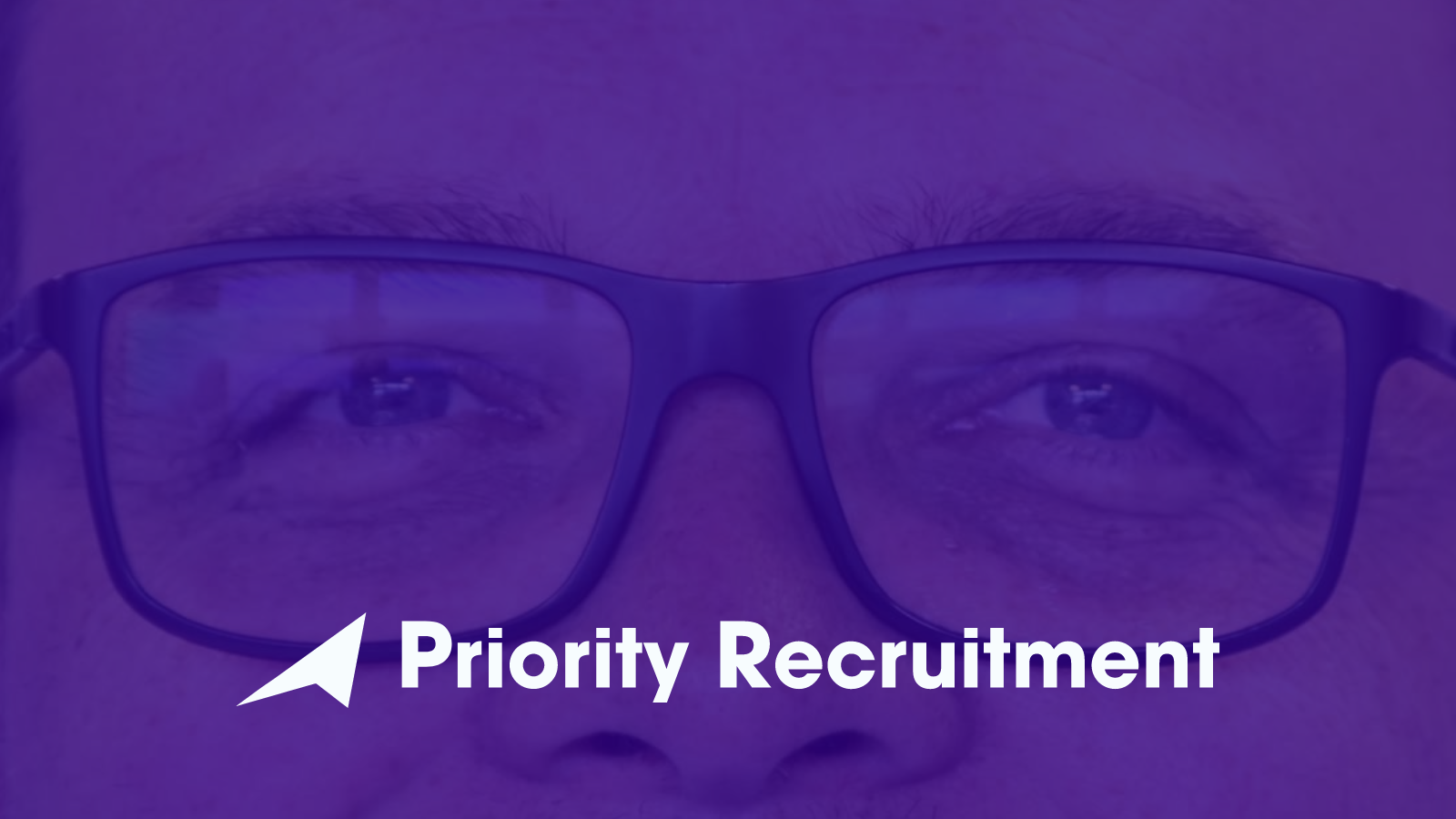World Cerebral Palsy Day: 7 Things You Need To Know About CP
World Cerebral Palsy Day is a day to raise awareness and understanding about cerebral palsy (CP), a condition that affects millions of people around the world. CP is a complex neurological disorder that can impact a person's motor skills and muscle control. It's crucial to increase awareness about this condition, dispel myths, and promote inclusivity and support for those living with CP. In this article, we'll explore seven essential things you need to know about cerebral palsy.
1. Cerebral Palsy Is Not a Disease
First and foremost, it's essential to understand that cerebral palsy is not a disease. It is a lifelong neurological condition that affects a person's movement and muscle coordination. CP is caused by damage to the developing brain, often occurring before or during birth, but sometimes it can also happen in early childhood. This damage can result from various factors, including genetic mutations, infections during pregnancy, or oxygen deprivation during birth.
2. CP Is a Spectrum
Cerebral palsy is not a one-size-fits-all condition. It exists on a spectrum, and its effects can vary widely from person to person. Some individuals with CP may have mild symptoms and lead relatively independent lives, while others may have severe motor impairments that require ongoing care and support. It's essential to recognise and respect this diversity within the CP community.
3. Early Intervention Is Critical
Early diagnosis and intervention are crucial for individuals with cerebral palsy. The sooner CP is identified, the more effective treatments and therapies can be in helping individuals reach their full potential. Various therapies, such as physical, occupational, and speech therapy, can greatly improve the quality of life for those with CP by enhancing their mobility, communication, and independence.
4. Inclusive Education Is Essential
Inclusive education is a key component of providing equal opportunities for individuals with cerebral palsy. Every child deserves access to quality education, regardless of their abilities. Inclusive schools and classrooms create an environment where children with CP can learn alongside their peers, fostering social inclusion and promoting a more accepting society.
5. Assistive Technology Can Make a Difference
Advances in technology have opened up new possibilities for people with cerebral palsy. Assistive technology, including communication devices, mobility aids, and computer software, can greatly enhance independence and accessibility. These tools empower individuals with CP to communicate effectively, access information, and participate more fully in everyday life.
6. Supportive Communities Are Vital
Living with cerebral palsy can be challenging, both for individuals with CP and their families. Supportive communities and networks play a crucial role in providing emotional, practical, and informational support. These communities can help individuals and their families navigate the complexities of living with CP, share experiences, and promote a sense of belonging.
7. Advocacy and Awareness Are Ongoing
Finally, it's important to recognise that advocacy and awareness efforts for cerebral palsy should be ongoing. World Cerebral Palsy Day is just one day, but the need for understanding, acceptance, and support lasts throughout the year. By raising awareness, challenging stereotypes, and advocating for the rights of individuals with CP, we can work towards a more inclusive and compassionate society.
___________
At Priority Recruitment, we are proud to be collaborating with case management companies across the UK and supporting countless clients living with cerebral palsy. Learn more about our healthcare recruitment solutions.



















